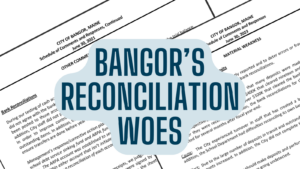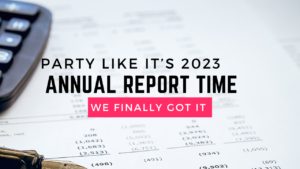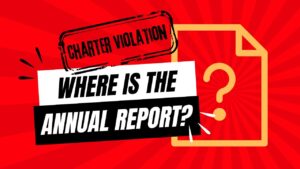

In today’s fast-paced world, the idea that working harder yields greater prosperity is deeply ingrained in our society. However, a closer examination of the data tells a different story. Over the past few decades, the productivity of American workers has surged, while wages have failed to keep pace. This unsettling truth, supported by research from the Economic Policy Institute, reveals a stark reality: the mantra we’ve been fed for generations is a lie. In this article, we will explore the productivity-pay gap, its implications, and how it challenges our perception of hard work and prosperity.
The Widening Chasm: Productivity vs. Pay
According to data from the Economic Policy Institute, since 1979, productivity in the United States has seen a remarkable increase of 64.6 percent. This means that workers today produce significantly more goods and services per hour than their counterparts did over four decades ago. Unfortunately, the same cannot be said for wages, which have only increased by a mere 17.3 percent during the same period. This stark disparity is perhaps best captured by the fact that productivity has grown 3.7 times as much as pay.
The Great Deception: Hard Work and Prosperity
For generations, we have been taught that hard work is the key to unlocking prosperity. From the baby boomers to Generation X, the idea that working harder leads to greater rewards has been deeply embedded in our cultural narrative. Yet, when we analyze the productivity-pay gap we realize that this mantra only holds true from a certain point of view, as Obi-Wan Kenobi once cryptically remarked. While the general public has indeed been working harder, the benefits of increased productivity have disproportionately flowed elsewhere, leaving many workers struggling to make ends meet.
The Unequal Distribution of Prosperity
One of the most alarming aspects of the productivity-pay gap is the unequal distribution of prosperity. The fruits of increased productivity have largely been reaped by business owners, executives, and shareholders, rather than the workers who are driving these gains. This growing income inequality has perpetuated a system where the wealthiest individuals continue to accumulate vast fortunes while the average worker’s wages stagnate. Consequently, the promise of prosperity through hard work becomes increasingly elusive for those at the bottom of the economic ladder.
Implications and Challenges Ahead
The productivity-pay gap presents significant challenges for both individuals and society as a whole. For individuals, it means that their efforts may not be adequately rewarded, eroding motivation and job satisfaction. The lack of financial progress can lead to increased economic insecurity and hinder upward mobility. We’re seeing this insecurity play out in our housing crisis. From a societal perspective, the growing disparity threatens social cohesion and exacerbates existing inequalities. It is crucial to address this issue to ensure a fair and inclusive economy that rewards work proportionately and provides opportunities for all.
How Do We Fix This?
For future productivity gains to lead to robust wage growth and widely shared prosperity, we need to institute policies that firmly connect pay and productivity and build worker power. For a description of many promising policies, see EPI’s Policy Agenda—notably the sections on worker power, good jobs, and full employment. Without policy interventions, economic growth will continue to sputter, and the growth we do see will largely fail to lift typical workers’ wages.
Economic Policy Institute
The belief that hard work is the gateway to prosperity has been shattered by the reality of the productivity-pay gap. As productivity soars to new heights, workers find themselves left behind, struggling to bridge the ever-widening chasm between their efforts and their compensation. It is imperative that we acknowledge and address this disparity, striving for a system that recognizes and values the contributions of all workers. By closing the productivity-pay gap, we can foster a more equitable society where hard work genuinely leads to shared prosperity.






